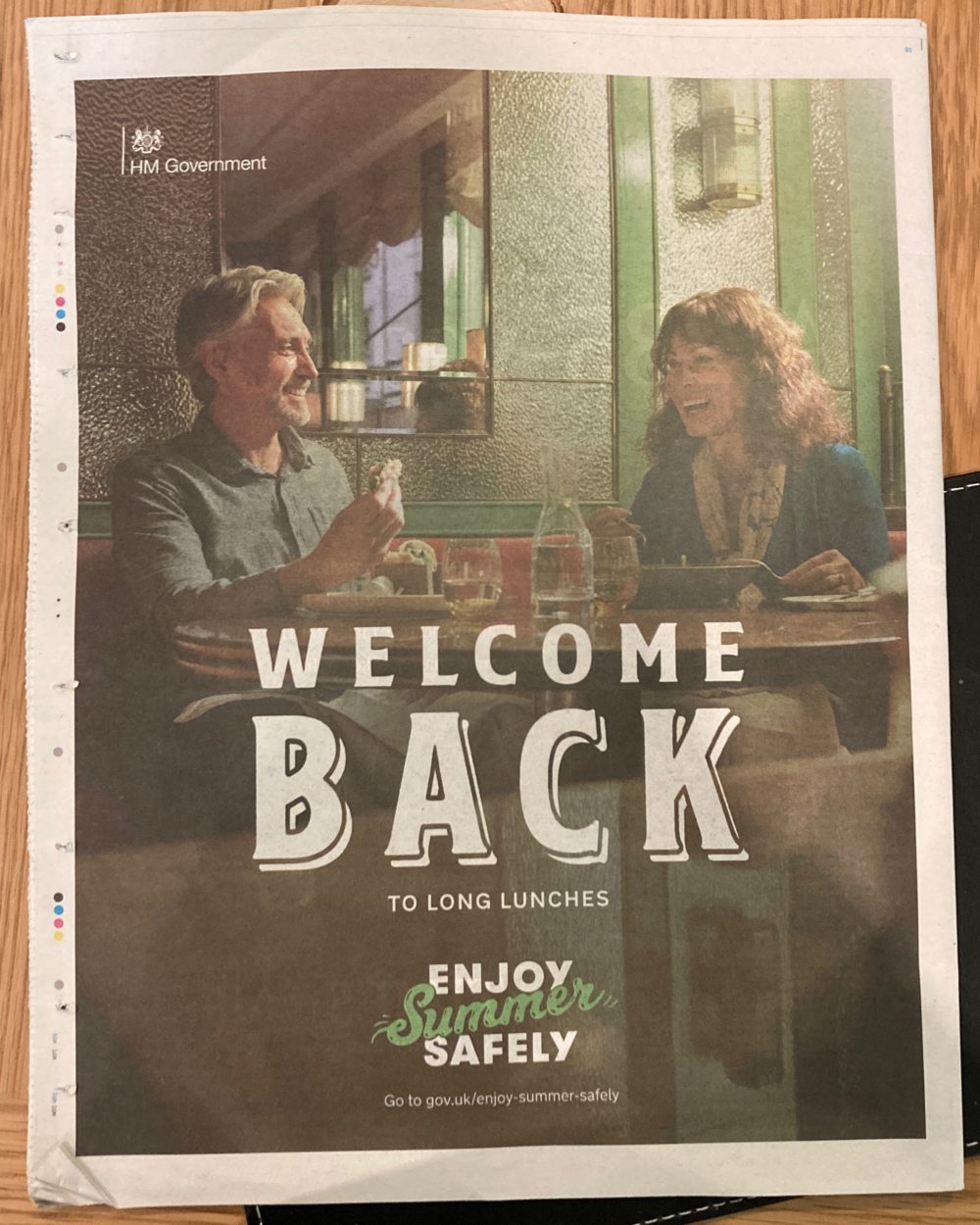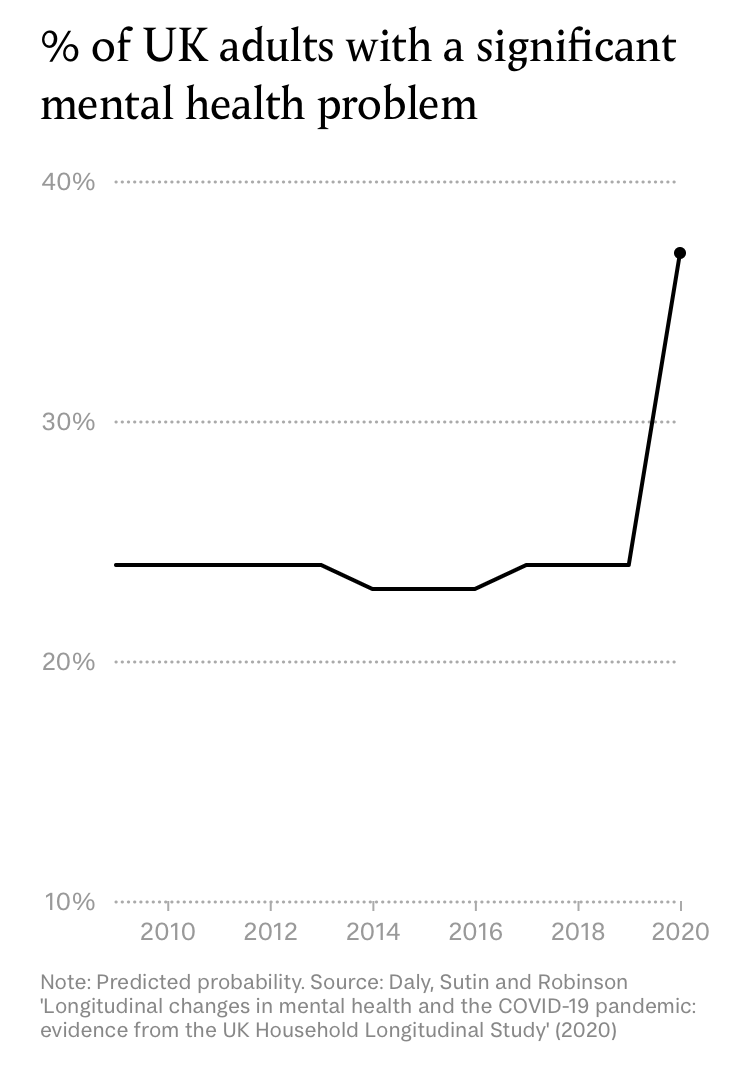Five links worth clicking
The second in an occasional series of posts listing things I’ve enjoyed on the web recently.
What does Fluffy think?
I don’t think I’ve ever had a strong attachment to animals: it’s just not a feature of my personality. I like a cute fluffy panda, but wouldn’t want one in my garden. And I struggle to even imagine the sort of attachment that causes people to risk their own health by continuing to live with their TB-riddled cat or a budgerigar which is destroying their lungs.
So, what of those who enjoy sexual relationships with animals? And where is the intersection between artificial insemination of farm animals and, well, insemination for pleasure? And in the context of society accepting the killing of animals on an industrial scale for food, why is using them for sexual gratification judged to be so much worse?
While sex with ‘companion animals’ — dogs (canophilia), cats (aelurophilia) and horses (equinophilia) — is the most prevalent form of human-animal sex, humans are also known to engage sexually with donkeys, goats, pigs, sheep, cows, chickens, turkeys, hamsters, dolphins, eels, octopuses and (less commonly) camels, deer, llamas, bulls, boars and gorillas. Sexual attraction to certain creatures is common enough to have a scientific name: mice (musophilia), birds (ornithophilia), spiders (arachnephilia), bees (melissophilia) and snakes (ophidiophilia).
Bees?! Amia Srinivasan’s article for the LRB is eye-popping, educational and insightful all at once.
Met averse
In his Galaxy Brain newsletter, Charlie Worzel does an outstanding job of writing thoughfully about new technology. So much of technology journalism is characterised by an apparently cool ‘snarky’ tone these days that it’s refreshing to read those who consider the issues.
In this edition, Charlie analyses his own fairly sceptical reaction to Facebook’s recent presentation of its ‘Metaverse’. Each section is interesting in its own way, including his quotation of Jason Koebler’s article setting out the less pleasant things happening on Facebookat the same time as the promotional presentation. Yet, Charlie’s final conclusion was most interesting to me, particularly coming from a technology journalist:
It is rational to be skeptical of new frontiers in innovation — not because you reflexively hate progress or think that the world ought to be frozen in amber here in 2021 (ew) — because we are drowning in evidence of what happens when we let people with narrow, hastily deployed visions of a technological future impose their visions on the rest of us.
I hope we can resist the urge to reduce conversations about the future of the internet down to Luddite vs. Expanding Brain Futurist. It’s a binary that serves few interests except of those who already have the power and means to create these new frontiers in their image. Flattening the conversation in this way almost ensures that our future technologies are designed by a select few — many of the same people that are in charge right now. We all know how that’s worked out.
It seems to me that his point about the need to resist false binary distinctions which serve only those who already have power is a lesson that extends far beyond technology writing.
Lunch with the FT: Brenda Hale
John Gapper’s interview with the former President of the Supreme Court is one of those rare interviews that made me buy the book it promoted (Hale’s autobiography).
We consult the menu. “I can’t bear soft-boiled eggs,” she remarks of the starter I am pondering, and I ask why.
“I just don’t like them. You don’t have to have rational reasons for your food likes and dislikes,” she exclaims.
The interview sparkles from start to finish, with a delicious combination of fearless insight, genuine emotion and intelligent discussion of some challenging legal issues of our time, from prorogation of Parliament to transgender rights.
QAplomb
When your publication starts articles with a dropped cap, how do you cope when the first letter of the article is a “Q” and its descender is messing up the page layout?
I can honestly say I’ve never given this a moment’s thought, but Ben Campbell has both recent experience and a wealth of historical precedent to share in his article for the LRB blog.
Very small problems that occur infrequently are doomed to remain unresolved.
But Ben Campbell has given it a go.
A once-quiet battle to replace the space station suddenly is red hot
I had a vague notion that the current space station was nearing the end of its life. Until I read Eric Berger’s Ars Technica article, I hadn’t really given any thought to the fact that its replacement—or replacements—will probably be private rather than public constructions.
Although nothing has been formalized, a general consensus has emerged among the international partners that the International Space Station can probably keep flying through 2028 or 2030. But after that? NASA realizes it needs a succession plan.
Politicians and policymakers have started employing the spectre of the dreaded “g” word, saying NASA must avoid a “gap” in flying a low-Earth-orbit space station. This has become especially urgent with China’s recent, successful launch of its own Tiangong space station in April. In response to these concerns, NASA has hatched a plan. Recognizing the maturing US commercial space industry, NASA intends to become an “anchor tenant” of one or more privately developed space stations.
This is one of those articles which is so interesting, that even some below-the-line comments are worth reading. I was particularly interested, for example, to understand why the plan was to build a whole new station rather than just replace modules on the current construction.
This post was filed under: Five links worth clicking, Amia Srinivasan, Ars Technica, Ben Campbell, Brenda Hale, Charlie Worzel, Eric Berger, Facebook, Financial Times, Galaxy Brain, Jason Koebler, John Gapper, Space, The LRB.


